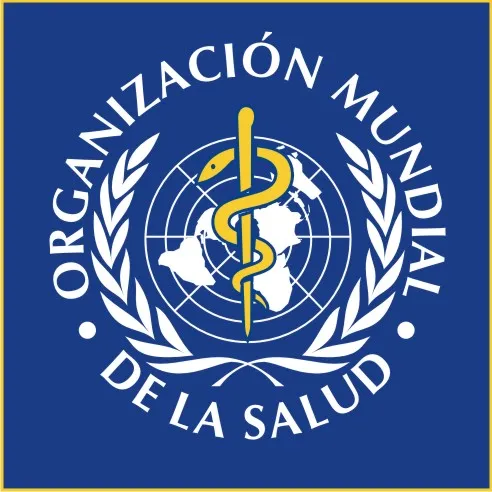The World Health Organization (WHO) dedicates this year the Health Day, which is commemorated every April 7, to diabetes, a disease of “overwhelming loads” and whose incidence is increasing, with more than 347 millionaffected throughout the planet.
If WHO has decided to dedicate World Health Day this year to diabetes, it is because, he explains, it is "an epidemic" that increases rapidly in many countries, especially in those of low and medium income, and alsoIt can prevent in many cases and treat in all of them.
"A great proportion of diabetes cases are preventable," says the World Health Organization, which states that "simple measures related to the way of life have been revealed effective" to prevent or delay the appearance of type 2 diabetes, such as maintenance of normal weight, periodic physical activity and a healthy diet.
Objectives
According to WHO, the main objectives of World Health Day of this year go through increasing awareness about diabetes and "its overwhelming loads and consequences, particularly in low and medium -sized income countries."
It also considers to promote a set of specific activities, "effective and affordable", to deal with diabetes, with measures to prevent it and to diagnose, treat and attend to those who live with it, more than 347 million people around the world, of which about 5.6 million are in Spain.
According to the figures managed by the Spanish Federation of Diabetics (FEDE), in Spain there are more than 5.6 million people with this disease, although more than 2.3 of them are not diagnosed.
Be that as it may, both WHO and Fede warn that the incidence of diabetes will continue to increase in the coming years and that in 2030 this disease will constitute the seventh world cause of death.In this regard, the World Health Organization indicates that in 2012 diabetes was the direct reason for 1.5 million deaths throughout the planet.
Along the same lines, WHO recalls that diabetes is an important cause of blindness, amputation and renal failure: “The combination of lack of awareness of diabetes with insufficient access to health services and essential medicines can produce complicationssuch as blindness, amputation or renal failure, ”he says.



